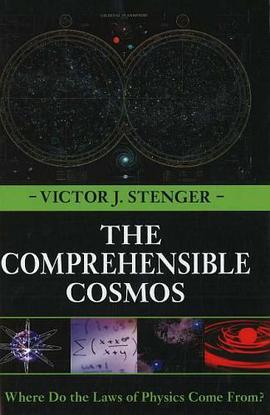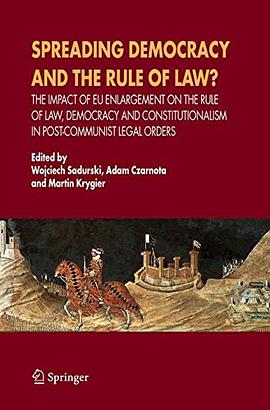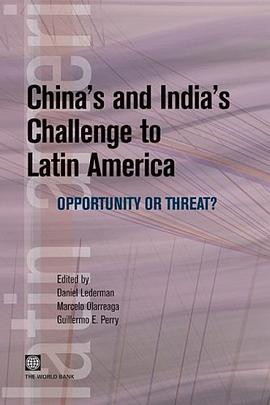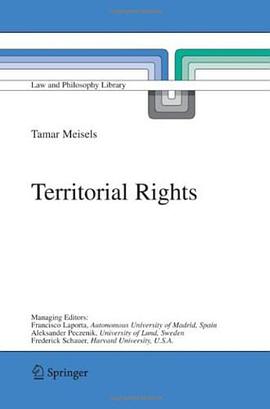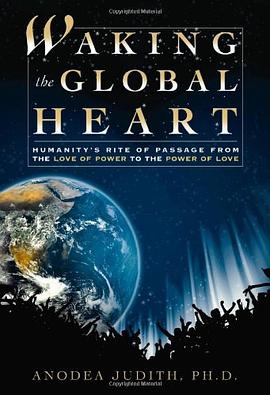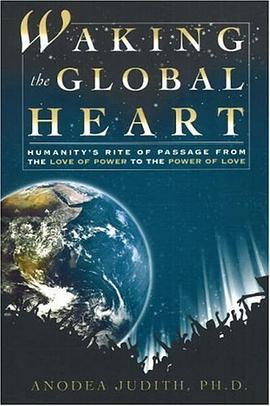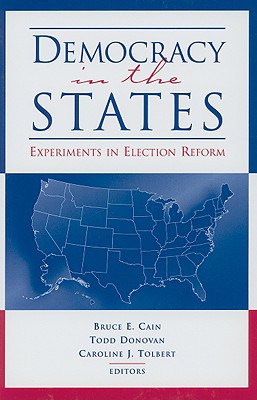

具体描述
How can we respond in the aftermath of wrongdoing? How can social trust be restored in the wake of intense political conflict? In this challenging work, philosopher Trudy Govier explores central dilemmas of political reconciliation, employing illustrative material from Rwanda, Sierra Leone, South Africa, Australia, Canada, Peru, and elsewhere. Govier stresses that reconciliation is fundamentally about relationships. Whether through means of truth commissions, apologies, community processes, or criminal trials, the basic goal of reconciliation is improved social trust among alienated individuals and groups. A major strength of Govier's approach is her creative practical framework for reflection. She explains that people should not to be identified with the roles they may have played, and she points out that, with reference to wrongs committed in political conflicts, individuals often play several roles. The perpetrators of some acts can be the victims of others; the victims in some circumstances may become responsive interveners in others. Rare is the political conflict in which one group commits all wrongs. Govier argues that, to build social trust and sustainable peace, acknowledgement of past wrongs is crucial. The need for mutuality in acknowledgement is an under-appreciated aspect of the aftermath of conflicts. She further examines the themes of responsibility (individual, collective, and shared); apology; forgiveness; reparations; the rehabilitation of child soldiers; the problems of monetary compensation; and truth-telling and truth commissions. Govier's lucid style and willingness to explore counter-arguments make this a lively and thought-provoking work.
作者简介
目录信息
读后感
评分
评分
评分
评分
用户评价
相关图书
本站所有内容均为互联网搜索引擎提供的公开搜索信息,本站不存储任何数据与内容,任何内容与数据均与本站无关,如有需要请联系相关搜索引擎包括但不限于百度,google,bing,sogou 等
© 2025 book.quotespace.org All Rights Reserved. 小美书屋 版权所有

